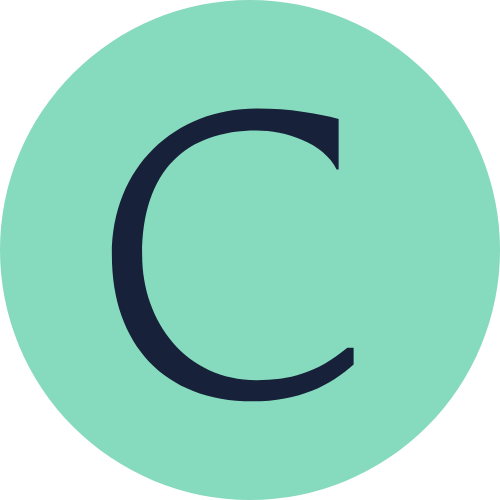World Science Day: Trust and Curiosity
On November 10th, we celebrate a day that’s all about the power of questions and the pursuit of answers - World Science Day for Peace and Development. This year’s theme is something we think a lot about here at CATALYST: "Building Trust in Science." Let’s unpack what this means for us and why it should matter to you.
Why Trust in Science Matters
Imagine you’re about to jump on a trampoline. You trust that it’ll bounce you back up, right? That’s because you’ve seen it happen, it’s been tested. Science is like that trampoline. We want it to be reliable, so when we leap for answers and solutions, it gives us solid ground to land on (or bounce back from!).
But why focus on trust? Well, because science is behind almost everything - from the tech we use to chat with friends to the medicines that keep us healthy. When we trust in science, we’re really trusting in the brains and methods that make our lives better. And that’s important.
CATALYST’s Take
At CATALYST, we’re not just about feeding you facts. We’re about showing you how to question those facts, to test them, to be a part of that trust-building process. Our teachers guide you, but they also challenge you to think independently and innovate.
When you’re working on projects or diving into topics like AI, you’re doing more than learning - you’re contributing to a global conversation that can lead to big changes.
Keep the Conversation Going
Science is a big deal; it’s the backbone of how we understand and improve our world. Here at CATALYST, we’re all about giving you the tools not just to learn it, but to lead it. So, on World Science Day, let’s pledge to be the curious ones, the questioners, the trust-builders of tomorrow’s science.
We encourage you to talk about science beyond World Science Day. Discuss it at your dinner table, debate it with friends, share your thoughts with us online. Let’s make every day a day where science gets better because we’re involved in it.
Happy World Science Day, everyone! Let’s make it count.

